
Doctors Warn: 4 Types of Inflammation That Can Turn Into Cancer Within a Year If Left Untreated
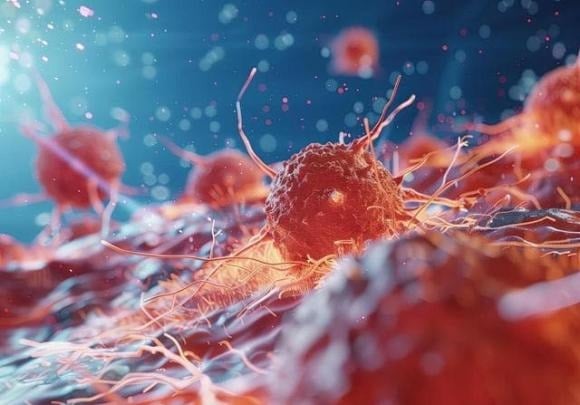
Many people tend to underestimate common inflammatory conditions, assuming they will improve on their own. However, doctors warn that certain chronic inflammations can quietly progress and become the foundation for cancer development. The following four types of inflammation, if ignored or treated too late, may significantly increase the risk of dangerous complications — including cancer.
1. Chronic Hepatitis B
Chronic hepatitis B occurs when a person is infected with the hepatitis B virus (HBV) for more than six months. During this time, the liver undergoes continuous damage that can range from mild inflammation to necrosis (cell death) or even cirrhosis.
One of the biggest concerns is that many patients become complacent. They believe they are merely “virus carriers” and fail to get proper monitoring. This neglect allows the inflammation to worsen silently over time. As liver cells repeatedly suffer damage and attempt to regenerate, the risk of developing cirrhosis—and eventually liver cancer—rises dramatically.
Doctors emphasize that individuals with chronic hepatitis B must undergo regular health check-ups, liver function tests, and ultrasound screenings to detect early abnormalities. Early management not only reduces complications but also greatly improves long-term outcomes.
2. Chronic Atrophic Gastritis
During gastroscopy, doctors often diagnose two common types of gastritis: chronic non-atrophic gastritis and chronic atrophic gastritis. Among these, chronic atrophic gastritis is considered the more dangerous condition.
This disease is characterized by the gradual thinning and deterioration of the stomach lining and gastric glands. Over time, the stomach loses its ability to produce digestive enzymes and acids, resulting in impaired digestion and nutrient absorption. If the inflammation persists for years, the abnormal changes in the stomach lining can progress into intestinal metaplasia or dysplasia — which are known precancerous stages that may eventually transform into gastric cancer.
Because this process tends to develop slowly, many people overlook the seriousness of their symptoms. Regular examinations, timely treatment of Helicobacter pylori infection if present, and lifestyle adjustments are all crucial in preventing further deterioration.
3. Chronic Pancreatitis
Pancreatitis generally comes in two forms: acute and chronic. While acute pancreatitis often responds well to treatment and may fully resolve, chronic pancreatitis behaves very differently. It develops gradually, may last for years, and can lead to permanent damage.
Long-term inflammation causes scarring, loss of pancreatic function, and repeated injury to pancreatic cells. This ongoing cycle of destruction and regeneration increases the likelihood of malignant transformation. As a result, individuals with chronic pancreatitis face a significantly higher risk of pancreatic cancer — one of the deadliest cancers known for its aggressiveness, rapid spread, and extremely low survival rates.
Because symptoms such as abdominal pain, indigestion, or weight loss can be subtle or intermittent, many people fail to recognize the danger. Early diagnosis and consistent medical management are essential to slow disease progression.
4. Chronic Ulcerative Colitis
Ulcerative colitis is a long-term inflammatory condition affecting the lining of the colon. Patients typically experience recurring symptoms such as abdominal pain, diarrhea, blood in the stool, fever, and unintentional weight loss. These symptoms can severely reduce quality of life and may flare up repeatedly without proper control.
Treatment often involves medications — including anti-inflammatory drugs and, at times, hormonal therapies — to reduce inflammation. However, long-term hormone use may lead to various unwanted side effects.
The most concerning risk is that poorly controlled ulcerative colitis greatly increases the chance of developing colorectal cancer. Statistics show that people with long-term ulcerative colitis are 20–30 times more likely to develop colorectal cancer than the general population. This makes regular colonoscopic surveillance and consistent medical treatment absolutely essential.
Final Thoughts
Inflammation may appear harmless at first, but when it becomes chronic, it can silently damage tissues and pave the way for cancer. Recognizing these risk factors early, seeking timely medical care, and undergoing routine monitoring are crucial steps in preventing dangerous complications.
News in the same category


Had no clue about this

Why Does Your Refrigerator Frost Over and Does It Increase Electricity Consumption?

How to Grow Potatoes Easily from Sprouted Tubers and Enjoy Them All Year Round

You are doing it all wrong. Here’s the right way to ease morning stiffness

You are doing it all wrong. Here’s the right way to clear sinus pressure fast
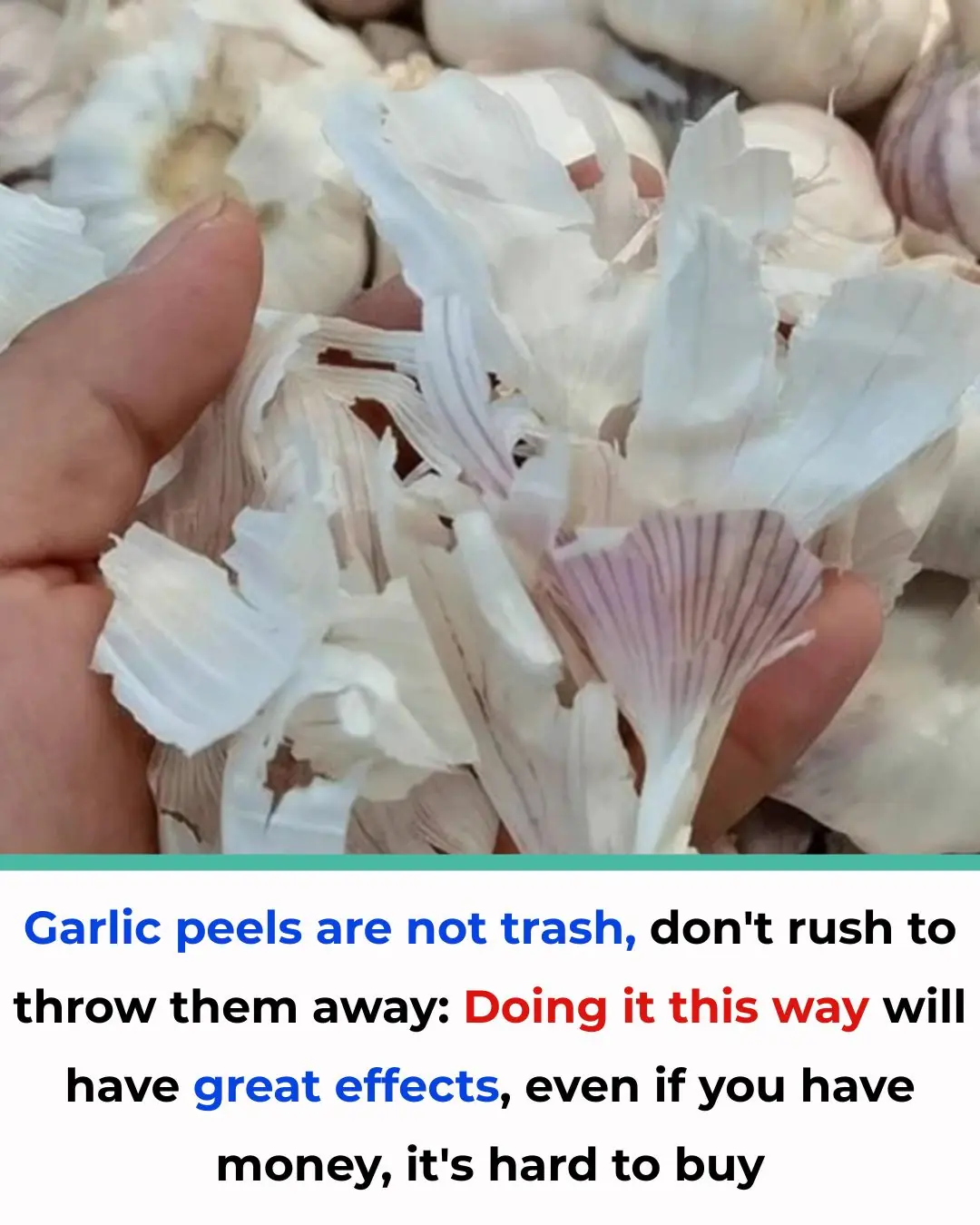
**Garlic Skins Are Not Trash — Don’t Throw Them Away Yet!

There are too many geckos in the house, give you some tips to make them 'once gone and never come back'

When cleaning the house, add this to the water and the floor will be as clean as new

How to boil chicken until it's soft and sweet

Washing your hair with rice water helps your hair get rid of dandruff

Experience growing tomatoes in fruitful pots

My nana taught me this hack to strengthen thinning hair in 7 mins with 0 work. Here’s how it works

You cook all day but you probably don't know these 3 ways to cook rice.

Toilet lid and seat are yellowed for a long time: Apply this tip to make the toilet white and free of bad odors
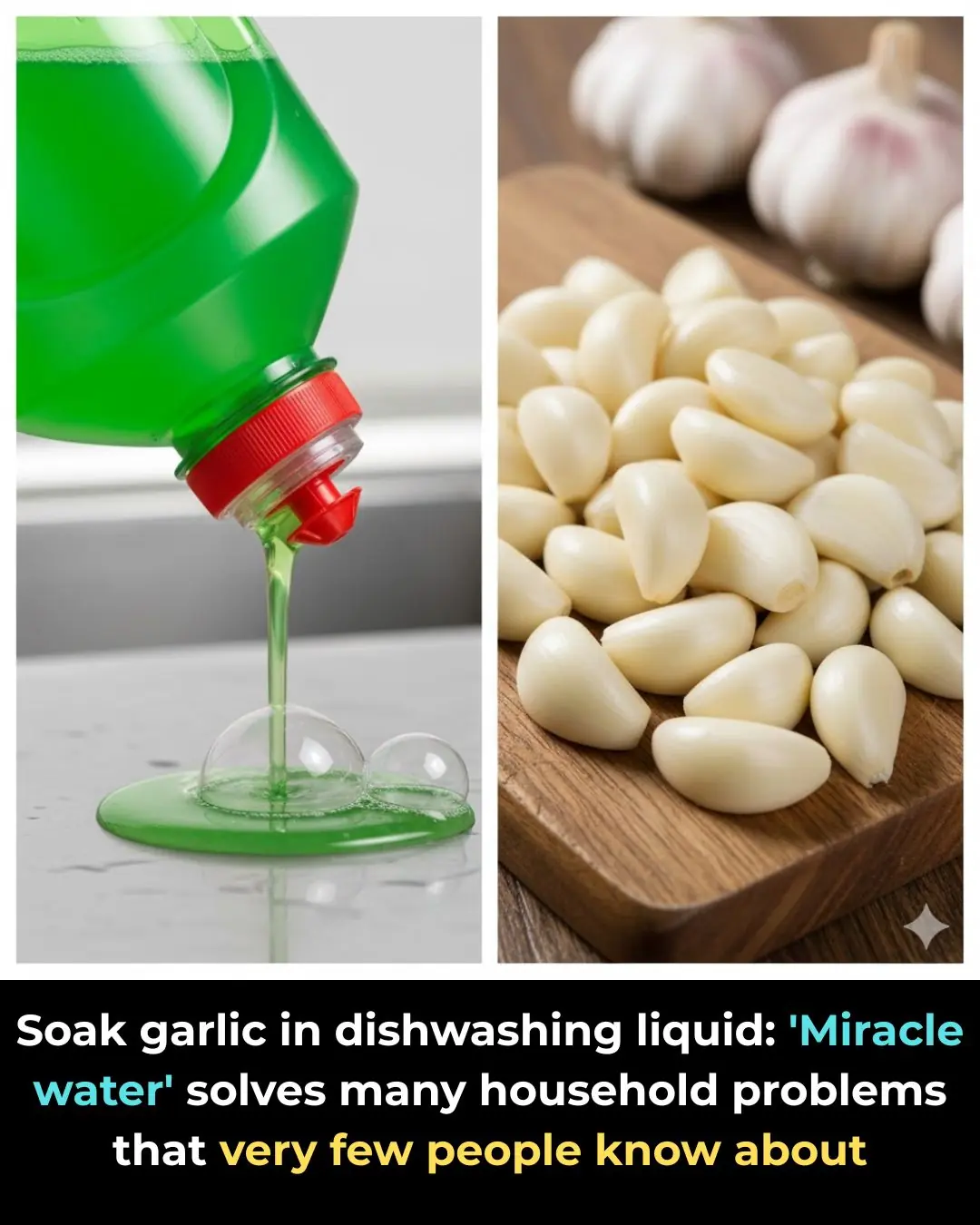
Soak garlic in dishwashing liquid: 'Miracle water' solves many household problems that very few people know about

3 ways to wash fans without removing the fan cage: Women can do it well too

How to grow bitter melon to produce fruit and provide shade in your home garden

10 Effective Ways to Reduce Dust in Your Home – Keep Your Living Space Clean and Healthy
News Post

Unlock Radiant Skin: The Ultimate Guide to Using Beetroot Gel for Glowing, Spotless Skin

Fenugreek Seeds for Hair Growth: The Power of Fenugreek Hair Rinse and Its Benefits for Hair

Japanese Milk Wax To Get Rid Of Unwanted Facial Hair
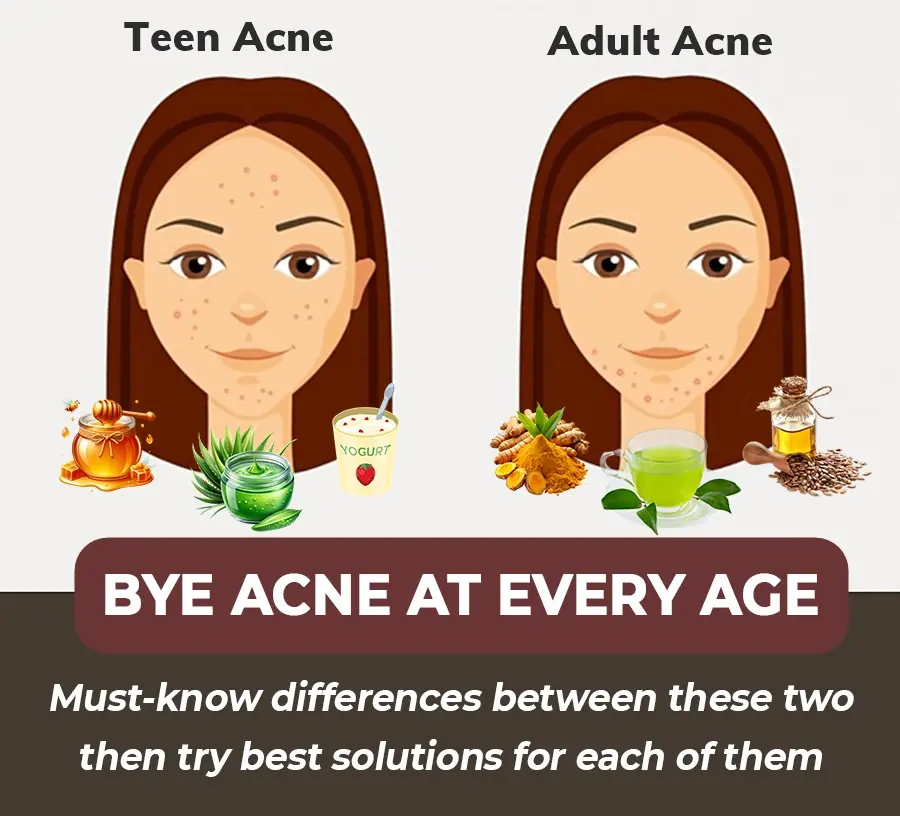
When Will I Outgrow My Acne? The Difference Between Adult and Teen Acne

5 Mascara Tips For Short Lashes

LEVEL UP YOUR LASH GAME: Top 5 Tips for Eyelash Extension Success!
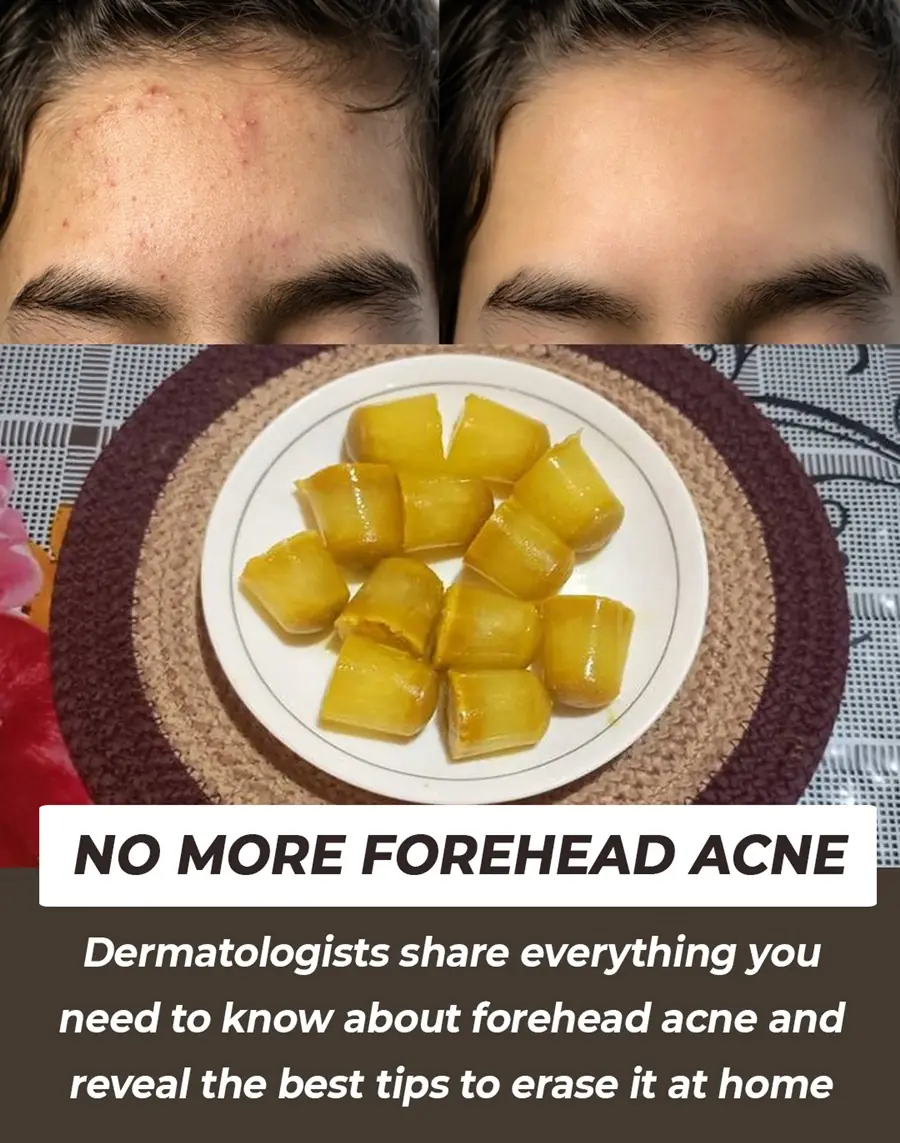
Forehead Acne and What to Do About It

11 Common Eyebrow Mistakes Women Make in Their 60s (And How to Fix Them!)

How to Prevent and Treat Age Spots: Expert Tips for Radiant Skin

5 Ways Your Skin Changes as You Age and How to Keep It Vibrant

DIY Fenugreek Oil for Hair Growth – Get Thick Hair

Brow Boosting Serum: The Natural Way to Achieve Full, Thick Eyebrows

Why You Should Be Putting Salt in Your Toilet

Why Some Children Don’t Visit Their Parents Often

DIY Vaseline Cream: The 4-Ingredient Glow Hack That Makes Your Skin Baby-Soft Overnight

DIY Fenugreek Hair Masks for Hair Growth & Reducing Hair Fall

Will Americans Receive $2,000 Stimulus Checks? What You Need to Know

Revolutionary Miniature Implant Offers New Hope for Restoring Vision in Macular Degeneration Patients

A Simple Superfood That Enhances Your Baby's Brain Development During Pregnancy
